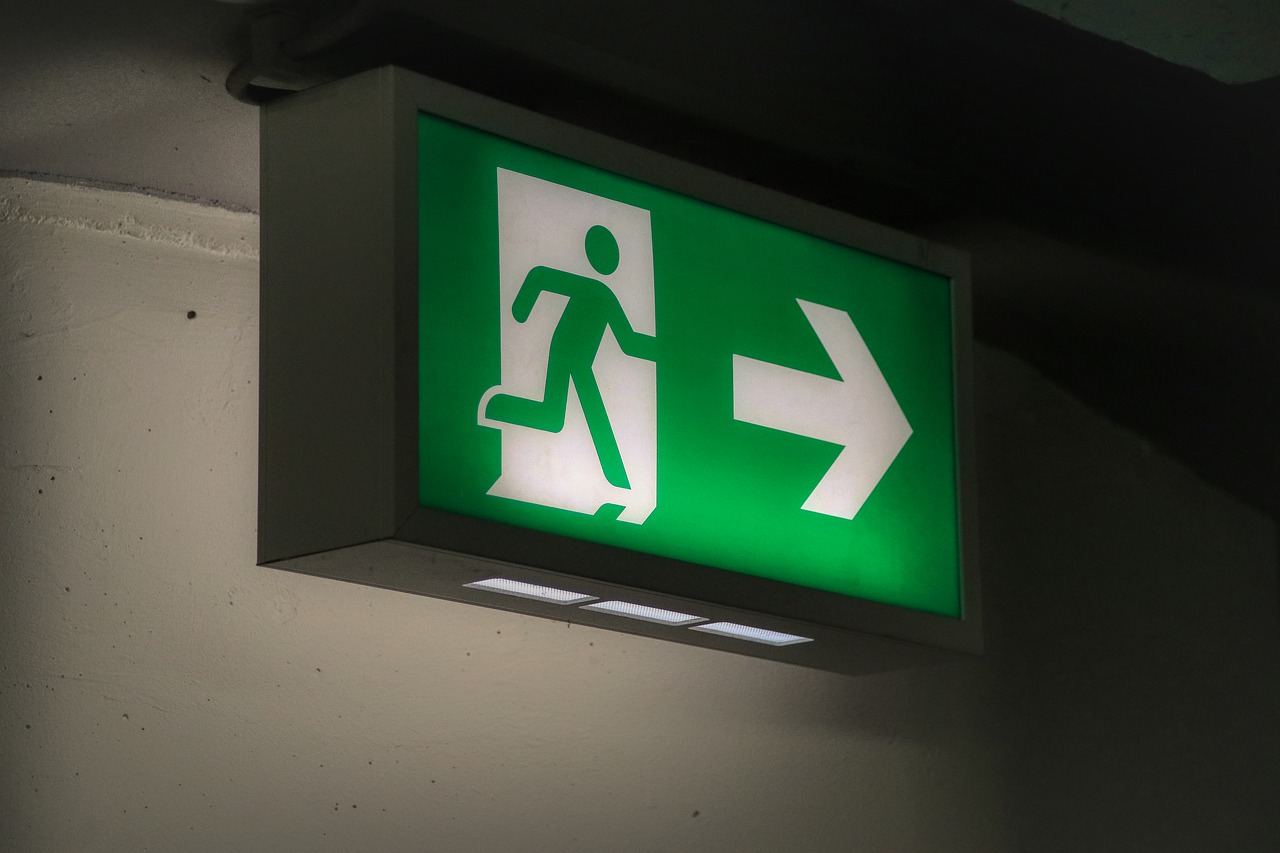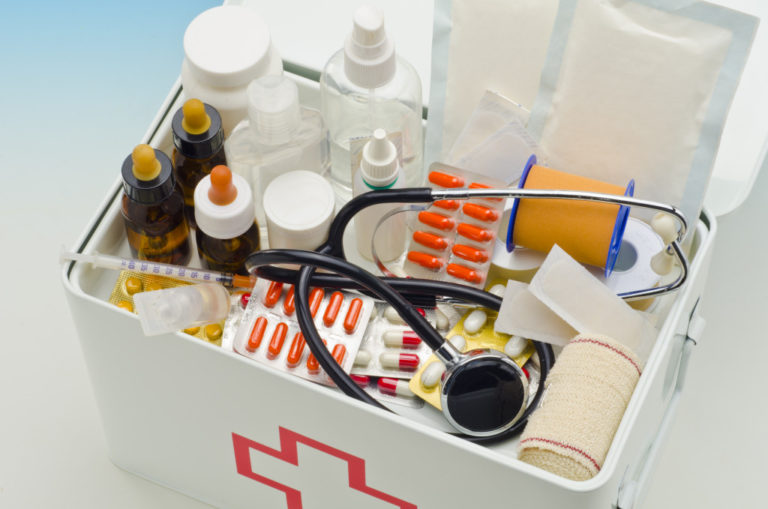Whether it’s flooding, hurricane, snowstorms, pandemic, fire, electrical circuit problems, water interruption, or some other disaster, make sure your family knows how to respond to it properly. If you are leaving your teenage kids and their younger siblings at home, this is more important than ever. When trusting your older kids to take care of your younger kids, that means you have to be honest that their responsibilities will also include knowing how to respond to certain disasters and accidents.
Do you know what’s an emergency plan? It’s the map of the office building you see plastered near your office door. It’s the training you attend every few months or so with your colleagues. When there’s a fire drill in the office, that’s what an emergency plan looks like.
Do you have that in your own home? Do your kids know who to call if there’s a busted light bulb in the basement? If the electrical sockets suddenly don’t work and your kids are all alone in the house, do they have the number for the trustworthy emergency electrician? How do they know who to call?
Planning Stage
Decide to make an emergency plan with the family. Sit down one weekend after dinner and discuss with the kids why this is important and how it can help them deal with problems at home (especially when you are not there). Don’t make them feel anxious that something will happen. But with the way things are going these days, your kids should understand that something might happen always. The best way to mitigate its impact on your lives is to prepare for it.
Numbers
Make sure your kids have all the important numbers on speed dial. And no, that does not mean their friends and the local delivery guy. Of course, in the United States, the only number they should know is 911. But other emergencies will require them to give a call to the school, your place of work, child care center, and nearby relatives. Put these numbers on their phones, and post a copy on your refrigerator’s door.
Escape Routes
 No matter if you have a small or large house, fire and flood will make you feel like everything is closing down on you. Go through each room in the house and make an escape plan. Draw some scenarios and walk these over with your kids. Make sure that they know what to do if they are caught in the specific rooms of the house. What should they do if they are stuck in the basement? Is there a window there that they could break so that they can escape? Place an ax near the window so that they have a way of breaking the glass easily.
No matter if you have a small or large house, fire and flood will make you feel like everything is closing down on you. Go through each room in the house and make an escape plan. Draw some scenarios and walk these over with your kids. Make sure that they know what to do if they are caught in the specific rooms of the house. What should they do if they are stuck in the basement? Is there a window there that they could break so that they can escape? Place an ax near the window so that they have a way of breaking the glass easily.
How about their bedrooms? Can they escape from their windows? Are there grilles on the windows? You may want to cut an escape route on the grille so there’s a way out for you. If the main door and backdoor are not accessible anymore, your kids need to know what other options are available for them.
Meeting Spots
Remember what it was like when you first took your toddlers to the mall? Didn’t you explain to them that if they ever got lost, they should go to the mall’s receptionist and stay there until you arrive? This is the same logic you need to apply when you choose emergency meeting spots for when you have to evacuate your home.
You need to identify at least three spots. The first one is near your home. The second one is outside of your neighborhood such as a relative’s or a friend’s home. And then last, you need an out-of-town location in case you were asked to evacuate the nearby areas (in the case of a wildfire).
Go-bag
When it is time to go, isn’t it wise to have a go-bag? Instead of running around the house and picking up things to put in your emergency bag, you should one prepared already. What should be in your go-bag? First, you need all important documents (or, at least, photocopies of them) such as passports, bank statements, IDs, land titles, insurance policies, etc. Second, you need clothes, water and biscuits (which you should replace every couple of weeks), and a pair of running shoes.
Your go-bag should have everything you will need when you’re asked to evacuate. Think of that bag as that one thing you grab when you have to start your life over. You should have money there, of course. It’s much better if it’s cash. It doesn’t have to be much but just enough to buy dinner when you suddenly find yourself without a home to eat in.
You can rest easy even if you have to leave your teenage kids and younger kids alone. If you prepare them for emergencies, you know they can make the right decisions. Your plan doesn’t have to be too grand or complex. It has to be as easy to follow as possible.




